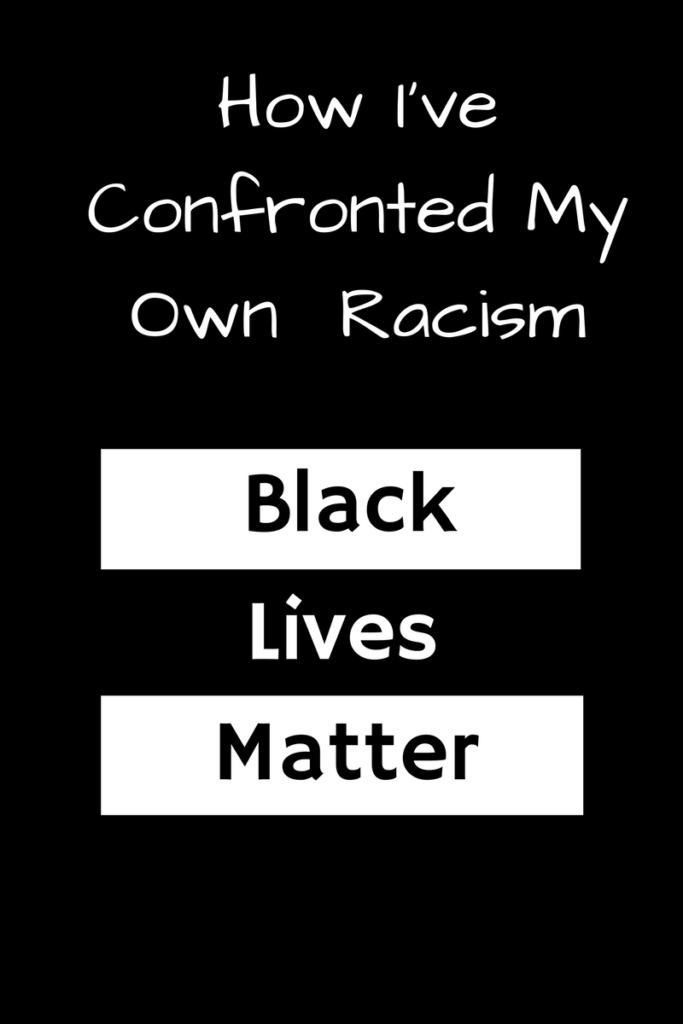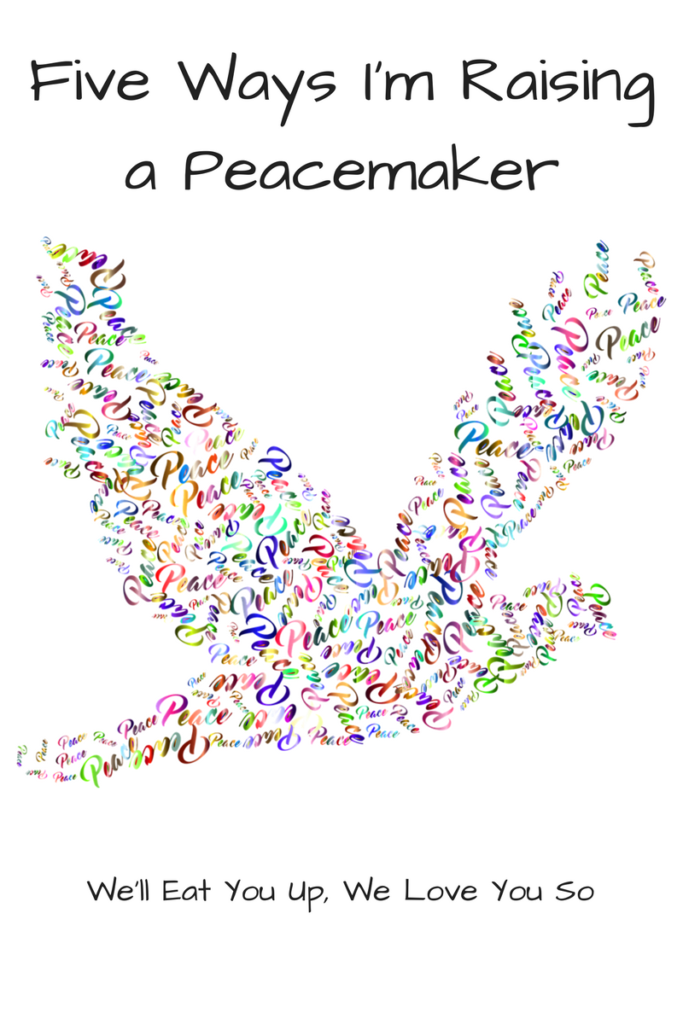Trigger warning: Racism, police violence, children in harmful situations
With the conflict coming to a head in Baltimore, a few people that know we live in Maryland have asked if we’re all right. Fortunately, we live nearly an hour away from the affected area. But all of the recent protests, stories of injustice, and tragedies have inspired a lot of thought in my mind, especially because we live in a historically African-American neighborhood. These stories have brought into relief both how much I don’t experience due to white privilege and my concerns for families other than my own.
Until the last few years, I wouldn’t have said I had white privilege. Class privilege, certainly – I knew I had loads of unearned advantages by being born into an educated, upper-middle class family. But racial privilege? Nah – I had black friends who seemed just as well off as I was. That was all solved with the Civil Rights movement, right?
Then I started reading, a dangerous action if you want to keep your misperceptions of the world. I read about how Lavar Burton – the host of Reading Rainbow! – had to teach his son to be submissive to the police. How a young man couldn’t bring a TV to his friend’s house in Dupont Circle for fear of being mistaken for a thief. How black women (and men) regularly have people touch their hair and bodies without asking. How the African-American community was barred for decades from purchasing houses by federal law. And of course, reading recently about the police brutality and exploitation against people of color in so many communities. In short, I started learning about how systems of oppression work, that class and race discrimination work both independently and hand-in-hand.
But it never quite got personal until I moved to my current neighborhood nearly five years ago. Early on – perhaps the first week I was here – I was walking to the Metro to a friend’s party in DC. I was bringing a six-pack of semi-expensive beer and forgot to grab a reusable bag. A few blocks in, one of my new neighbors spotted me and waved me over. They explained that I really needed to put the beer in a bag, as the police had a heavy presence in the neighborhood and would surely notice it. They kindly gave me a plastic bag to hide it. While I knew carrying a six-pack right in public was kind of gauche, I was pretty sure it wasn’t illegal and would have never considered getting police attention for it. The very idea that the police could reprimand – or worse, arrest me – for something tacky but legal, was both horrifying and incomprehensible.
Similarly, I was walking through my backyard in the early evening a few months later, when a cop yelled at me from his cruiser in the street. As I was just looking at the flower box on our shed, I was completely caught off guard. At first, I didn’t even acknowledge him, as I had no idea he was addressing me. He angrily demanded to know what I was doing there, while I struggled to explain that I was at my own house, still baffled as to what potential crime he was accusing me of. Apparently, he thought I was scoping out our shed to steal something, when I was just observing the sorry state of our flowers.
In both cases, I realized my shock was a huge sign of white privilege. Black people are uncomfortably used to having these interactions, driven by suspicion, on a regular basis. So many things I assumed – that I could peacefully walk down the street or in my own backyard – are assumptions people of color never have the luxury to make.
In the context of those experiences and the stories of so many, I don’t worry about my son and my family. I worry for the children in Baltimore who are missing their free lunches because school is closed and are instead watching their neighborhoods being taken over by martial law. I worry for the kids in hundreds of D.C. homeless families and the many risks they face, the potential of being lost forever to their parents like Relisha Rudd. I worry for the black and Hispanic kids in my neighborhood who go to the park alone, not worrying because their parents are neglectful (they aren’t), but because police have been calling Child Protective Services inappropriately in our county and they’re even less forgiving of people of color. I worry for the black kids in my church whose mom has to yell at them for running between the pews (after church) because she understandably wants them to respect places of authority. I worry that the submission to authority will become all too needed in their everyday lives.
So while I appreciate people’s concern, I ask for that concern to be turned elsewhere. If you want to help, the Baltimore Sun has a list of opportunities both for local volunteers and giving money to important community organizations. While education and books can’t stop systematic racism, libraries can offer vital community services and refuges for kids. The Ferguson, MO library accepts donations through their website. And of course, the NAACP has been working for racial equality and justice for decades.
One of Martin Luther King Jr’s less well-known quotes is: “Freedom is never voluntarily given by the oppressor; it must be demanded by the oppressed.” If we care about justice, about equality, about vulnerable children, we too must demand that freedom for all.



